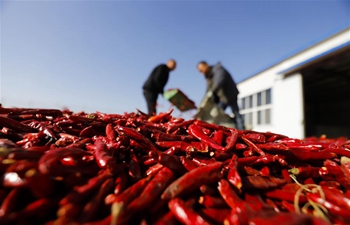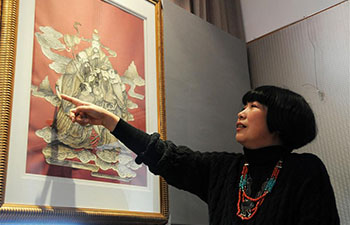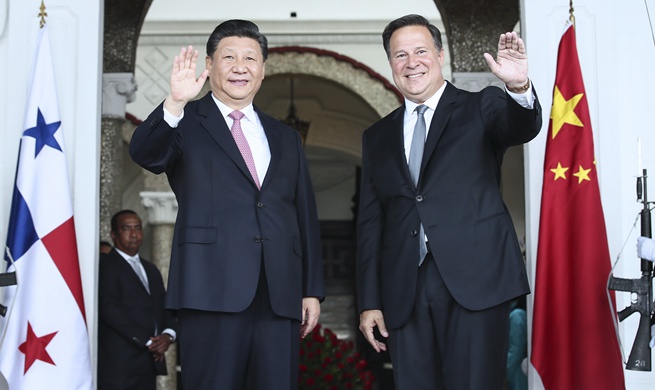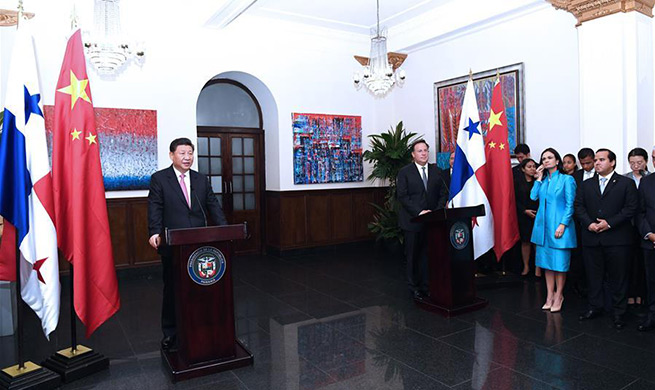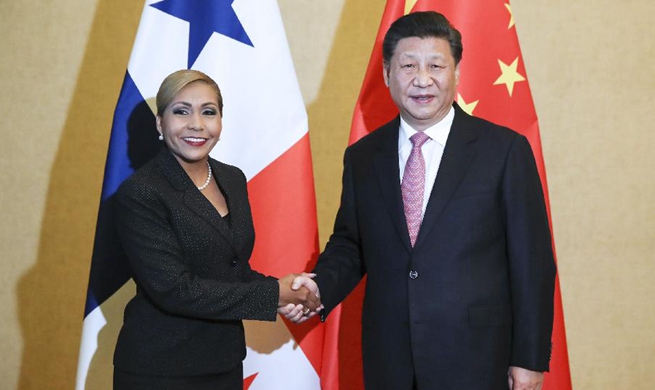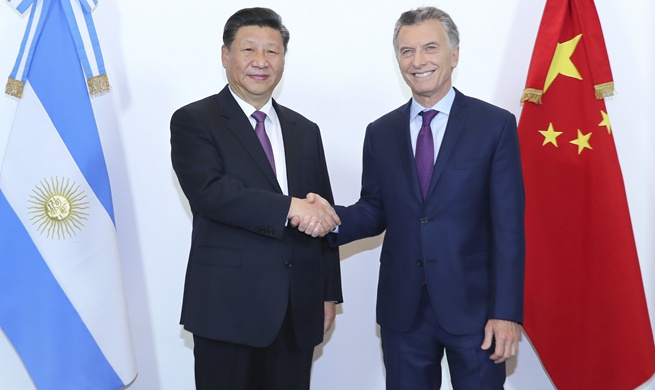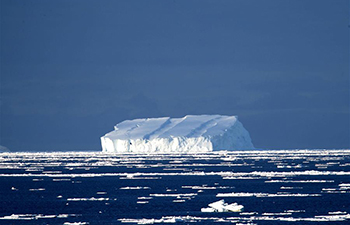LISBON, Dec. 4 (Xinhua) -- For Portugal, a country known as where the land ends and the sea begins, a "blue partnership" with China means great promise in bilateral ties.
Famed for the discovery of numerous territories and sea routes as a result of intensive maritime adventures, Portugal was at the vanguard of European overseas expeditions during the 15th and 16th centuries.
Lesser known nowadays is that Portugal, despite its relatively small land size, has significant maritime coverage.
The country has a vast maritime area expanding from continental Europe to the Azores archipelago in the mid-Atlantic and Madeira off the northwest coast of Africa, said Virginia Trigo, a professor emeritus and director of China Programs at the University Institute of Lisbon.
In addition, Portugal's ports and waters are in strategic locations, said Paulo Duarte, a researcher and lecturer at the University of Minho, adding that its Sines port is Europe's nearest one to the Panama Canal and has the potential to become a link between maritime shipping and railroads on the European continent.
China, with its long coastlines, also has enormous maritime interests.
The governments of the two countries inked a memorandum of understanding on maritime cooperation in 2016 and further signed papers establishing a "blue partnership" in 2017, making Portugal the first European Union member to set up such a partnership with China.
The partnership aims to promote collaboration between the two countries' governments, science and technology sectors, businesses and the general public in such fields as maritime governance, marine ecology, marine renewable energy and marine culture, said Carlos Rodrigues, head of the Department of Social, Political and Territorial Sciences at the University of Aveiro.
The activities that can be developed in cooperation with China range broadly, from aquaculture to mineral resources to ports, said Fernanda Ilheu, president of the New Silk Road Friends Association, a Lisbon-based non-profit think tank.
Trigo, the University Institute of Lisbon scholar, pointed out that many of the resources that humanity needs are in the sea, and that "for Portugal to identify and explore these resources, it needs partnerships that can leverage its assets."
"I believe that China could be a good partner," said Trigo.

